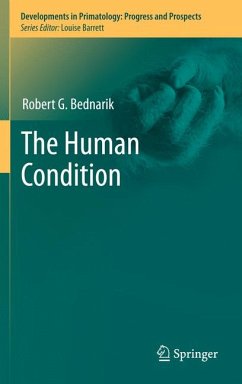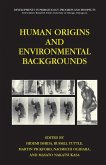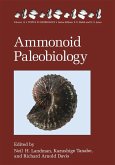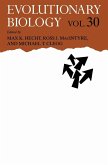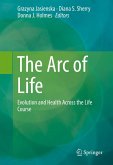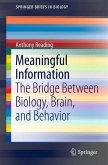About the Author
Robert G. Bednarik, born in Vienna but an Australian since 1970, contradicts norms. He has undertaken numerous expeditions crossing the sea on rafts built with stone tools, but he cannot swim; he has produced 1165 academic publications, including many books, but has no formal education; he edits three scientific journals and two series of monographs, but not in his native language. As a complete autodidact, he regards himself as ignorant as did Socrates. Consequently his principal interest is the origin of thehuman ability to create constructs of reality, and in a wide variety of fields providing supplementary information in that quest.
Dieser Download kann aus rechtlichen Gründen nur mit Rechnungsadresse in A, B, BG, CY, CZ, D, DK, EW, E, FIN, F, GR, HR, H, IRL, I, LT, L, LR, M, NL, PL, P, R, S, SLO, SK ausgeliefert werden.
Hinweis: Dieser Artikel kann nur an eine deutsche Lieferadresse ausgeliefert werden.
"Bednarik (International Federation of Rock Art Organizations), an Australia-based scholar, has spent his enormously productive career challenging perceived wisdom. ... The author assembles the evidence and arguments for an alternative theory of human origins. The theory includes a multiregional origin of humans from robust hominids and so challenges the 'out of Africa' model of a single origin from gracile hominids. ... Summing Up: Recommended. Upper-division undergraduates through professionals." (B. K. Hall, Choice, Vol. 49 (6), February, 2012)

